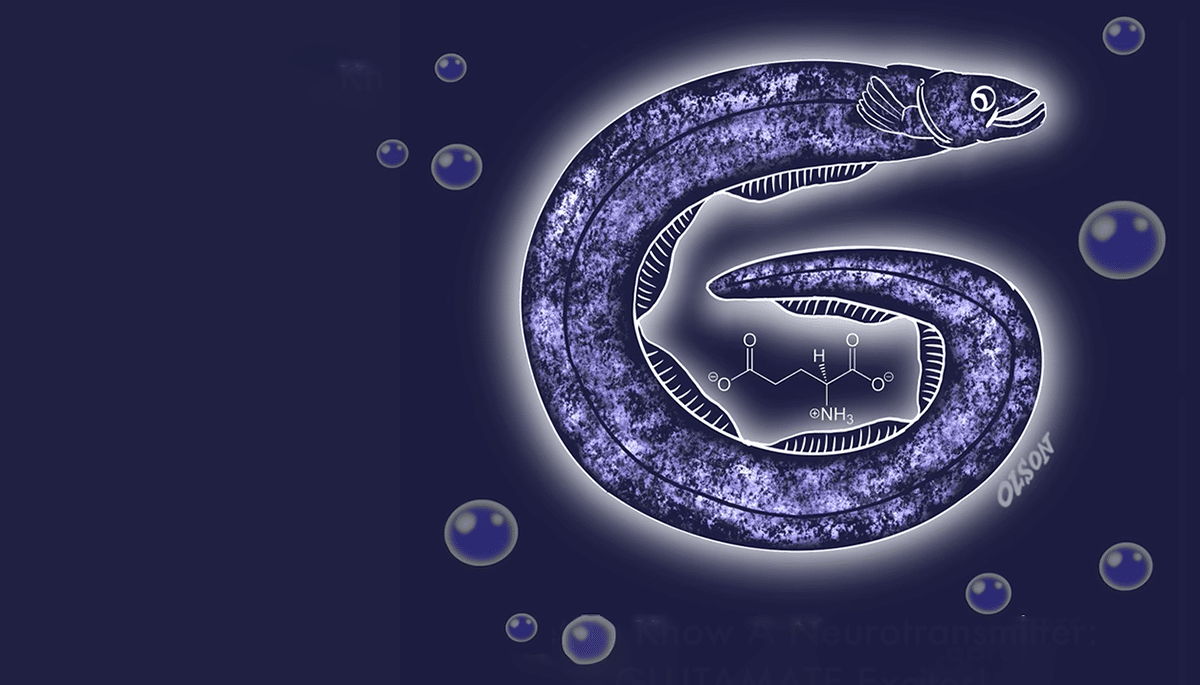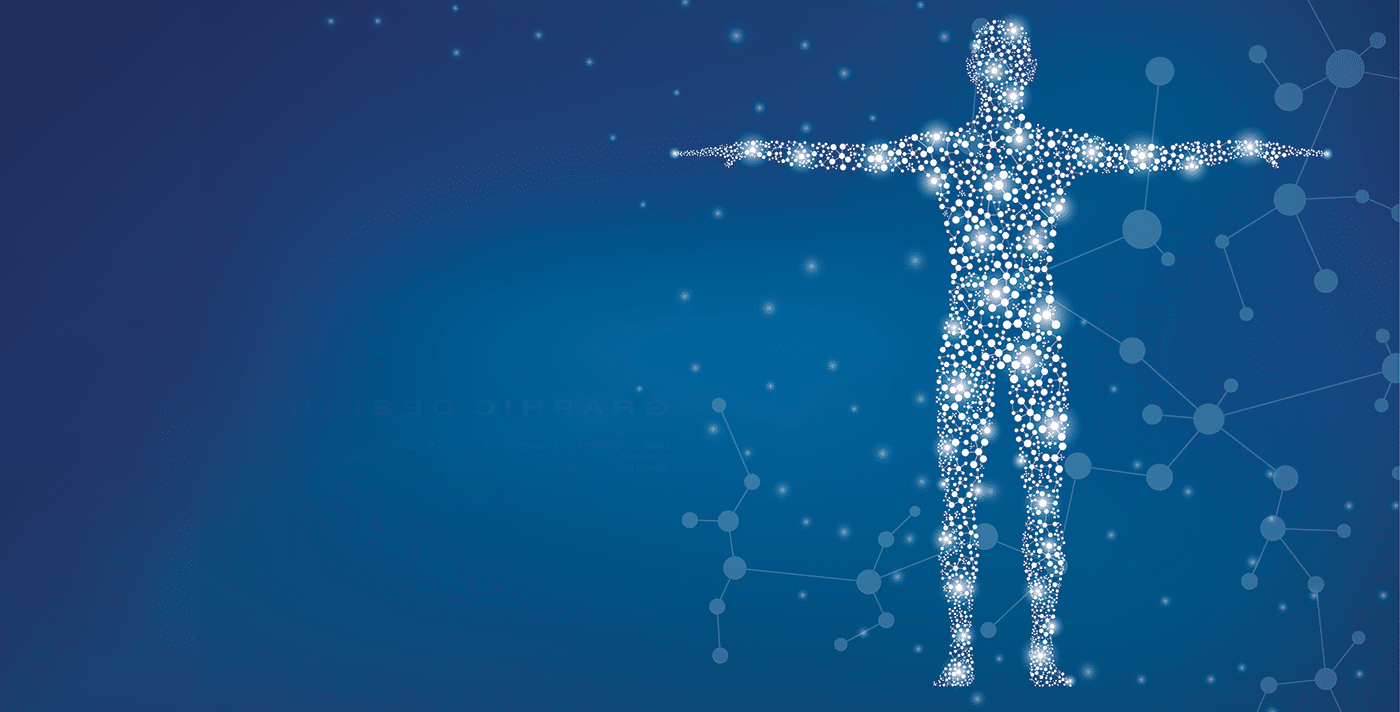This is the initial post in a collection identified as “Get To Know A Neurotransmitter.”
Glutamate, how do I really like you?
Allow me depend the methods …
You ability my brain. You dispose of my nitrogen. You cause my nerves. You expand my synapses. You enable me discover. You keep my reminiscences. And when I take ketamine, your absence transports me to bliss.
We could go on in the fashion of Elizabeth Barrett Browning – but the most vital truth about glutamate is easy: it’s the principal excitatory neurotransmitter in the brain.
When a synapse wishes to hearth, when a neuron wants to signal, glutamate is the inexperienced light. It is how the mind states “yes.”
In opposition is the neurotransmitter GABA, the most widespread inhibitory neurotransmitter. GABA is essentially synthesized from glutamate, and both equally are controlled by the endocannabinoid method (ECS ). This speaks to the modulatory energy of cannabinoids and their control more than the two excitation and inhibition.
And in the center? Harmony.

A Building Block of Proteins
Glutamate is not only a neurotransmitter, it’s also an amino acid – a creating block of proteins. Without a doubt, it is the most popular amino acid in our diet and provides rise to the flavor recognised as umami. This ubiquity is component of the reason that it took so very long for glutamate to be identified as a vital neurotransmitter. Only in the 1970s did the strategy of glutamate as a neurotransmitter see widespread help, a long time right after the identification of acetylcholine, norepinephrine, serotonin, dopamine, and other messenger molecules. Evidently, it was really hard for researchers to fathom that this common meals component run the brain’s electrical method.
The blood-mind barrier – the protecting system that retains your blood from flooding your mind – does an excellent work at blocking out glutamate simply because the glutamate ranges discovered in your blood would be pretty poisonous to your neurons. With that security in put, consuming way too significantly glutamate does not appear to damage your brain. Nevertheless, in circumstances like epilepsy, stroke or traumatic mind injury, the resulting surge of glutamate can induce brain problems by using overexcitation (excitotoxicity). In these conditions, pharmaceutical drugs that block glutamate from its receptors can prevent very long-time period harm.
Glutamate controls the excitability of neurons from outdoors the mobile. Because the glutamate receptors are on the cell’s exterior, it’s the concentrations of glutamate in the extracellular fluid that issue. To regulate individuals concentrations, cells reduce glutamate by pumping it back into themselves throughout the membrane. Due to the fact glutamate is the important mediator of neuronal excitation as nicely as anxious program plasticity (mastering), the worth of owning the right concentrations in the right areas at the suitable situations is paramount. A single concept of schizophrenia is that it is a dysfunction of the glutamate program.
The equipment of the glutamate system is so prevalent and elaborate that it’s beyond the scope of this quick evaluate. Aside from the lots of unique transporters, receptors, and enzymes that control glutamate stages, glutamate itself can arise in a quantity of unique shapes (conformations) that alter its functionality and what enzymes bind to it. Glutamate’s centrality to the anxious procedure helps make it a important nexus for a substantial range of diseases. And the potential of the endocannabinoid technique to regulate the ebbs and flows of glutamate is a vital rationale that cannabinoids can assist such a remarkably huge array of diseases.
How It Operates

In the brain, there exists neurons that largely release glutamate. These glutamergic neurons reside all across the mind, and on their floor they have CB1 cannabinoid receptors. When activated the CB1 receptors cause the release of glutamate in that place and the strengthening of neural signaling. The endocannabinoids strengthen synaptic transmission by stimulating the astrocytes (regulatory immune cells of the brain) by way of glutamate. This is just one of the techniques that the endocannabinoid system utilizes glutamate in its part as a learn regulator.
If a mouse is genetically engineered to have no CB1 receptors, the glutamate fibers of their cerebellum get screwed up. CB1 receptors also assistance with mind progress by way of their use of glutamate all over the hippocampus and cortical levels. Scientists have verified that cannabidiol (CBD) affects the genetic expression of glutamate, GABA, and dopamine – but an Oct 2020 review demonstrates that cannabigerol (CBG) seems to do this as perfectly.
Scientists have also established that CB2 cannabinoid receptors form “heteromer complexes” with a glutamate receptor recognised as NMDA. Heteromer complexes, a fairly current discovery, happen when two or more membrane receptors of diverse varieties entangle and mix to variety a joined receptor advanced that has diverse properties, binding actions, and downstream effects than possibly of the receptors on their very own. At very first, researchers didn’t even assume CB2 receptors existed in the mind, but now we know that they’re current at reduced amounts as guardians of brain overall health and that when the brain is insulted, the degree of CB2 receptors shoots up to aid deal with the immune reaction. The potential of CB2 receptors to form complexes with a key glutamate receptor speaks to the therapeutic prospective of cannabinoids for neuronal ailments.
A Deep Science Stroll Via the Glutamate Garden
As for the several disorders, let’s consider a stroll through the glutamate back garden:
Dependancy
Alzheimer’s Condition
- In a mouse model, 3 months of palmitoylethanolamide (PEA), an endocannabinoid-like compound, “rescued cognitive deficit, restrained neuroinflammation and oxidative strain, and decreased the enhance in hippocampal glutamate levels”
- In a comparable analyze, PEA improved learning, memory, and despair via rebalancing of glutamatergic transmission
- In rats with dyskinesia (involuntary erratic movements), activating the CB1 receptor served by way of alterations in dopamine and glutamate
Autism
Melancholy
- The antidepressant effects of CBD in mice look to be mediated not only by serotonin signaling but also glutamate signaling
Weight problems & Metabolic Issues
- In mice, the activation of CB1 receptors in a essential mind space generates glutamate that drives the overconsumption of foodstuff
- In mice, the CB1 receptors of the brain’s hypothalamus (feeding manage heart) drives the response to foodstuff availability and electricity harmony by way of glutamatergic inputs
Training
- In mice, the capability of training to activate the CB1 receptor aids to enhance mastering and memory via glutamate
- In mice, CB2 receptors are identified on the glutamate neurons of the brain’s purple nucleus (concerned with movement)
Hormones
Various Sclerosis (MS)
Nerve Injuries
Neuroprotection
Schizophrenia & Psychosis
Seizures
- Mice with febrile seizures (brought on by a spike in entire body temperature), CBD lessened the chance of seizure through glutamate and AMPA receptors
And at last, the harms
- In adolescent rats, an IV drip of THC triggered them to have less CB1, GABA and glutamate receptors in their prefrontal cortex
- In rats, prenatal publicity to a cannabinoid triggered challenges in their baby’s hippocampus (memory center) by using dysfunction in glutamate release
- In teens who smoke heavily, it may possibly impair the concentrations of glutamate in their hippocampus (memory location), however it is hardly solution that weed isn’t wonderful for memory – which is why it is superior for PTSD (considerably less recollections)
As always, a lot more clinical investigate is wanted, but for anybody with these indications or places of concern, it is fairly effortless to begin harnessing the power of glutamate and the ECS to increase your health and fitness.
Lex Pelger writes articles about psychoactives and graphic novels about the endocannabinoid process. He publishes a weekly cannabinoid science newsletter Cannabinoids & the People today and conducts 1-on-1 education and learning periods on using CBD, PEA, THC & CBDA for critical well being situations.




